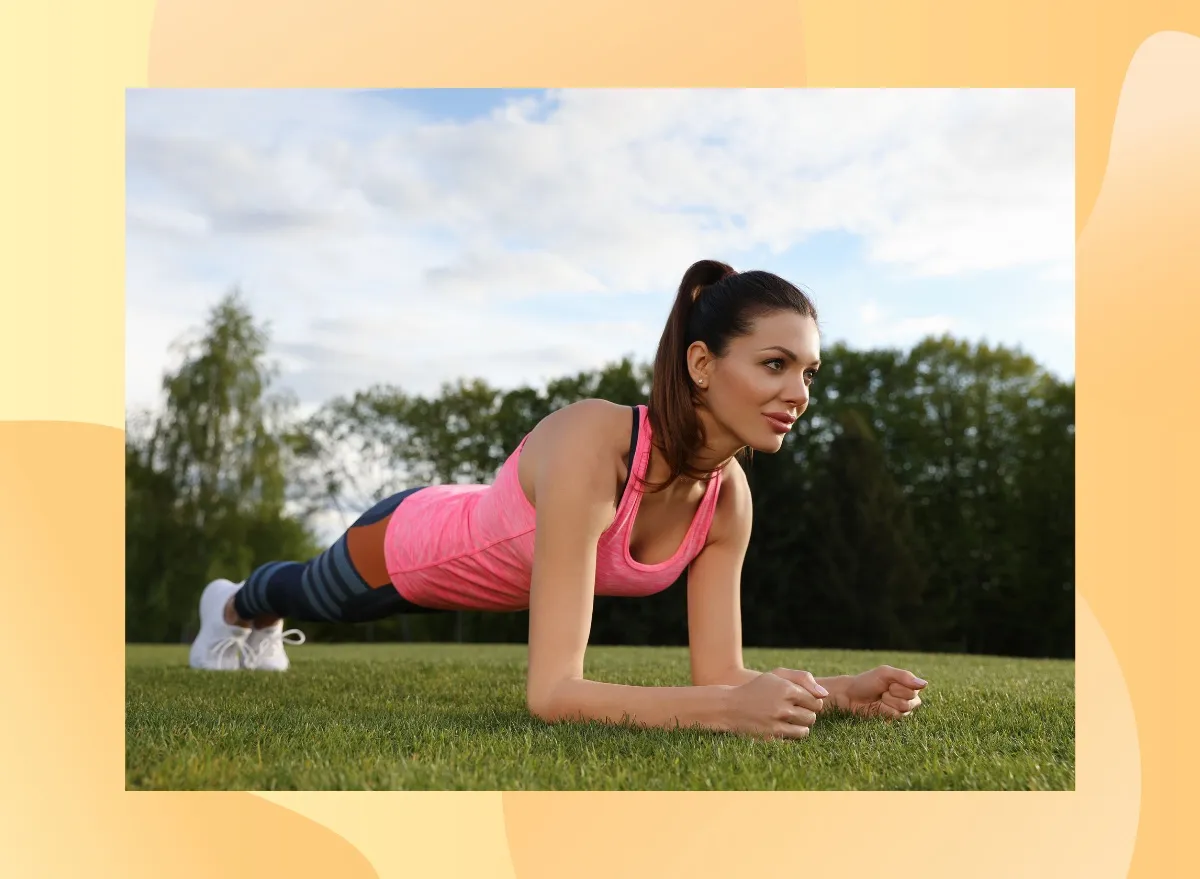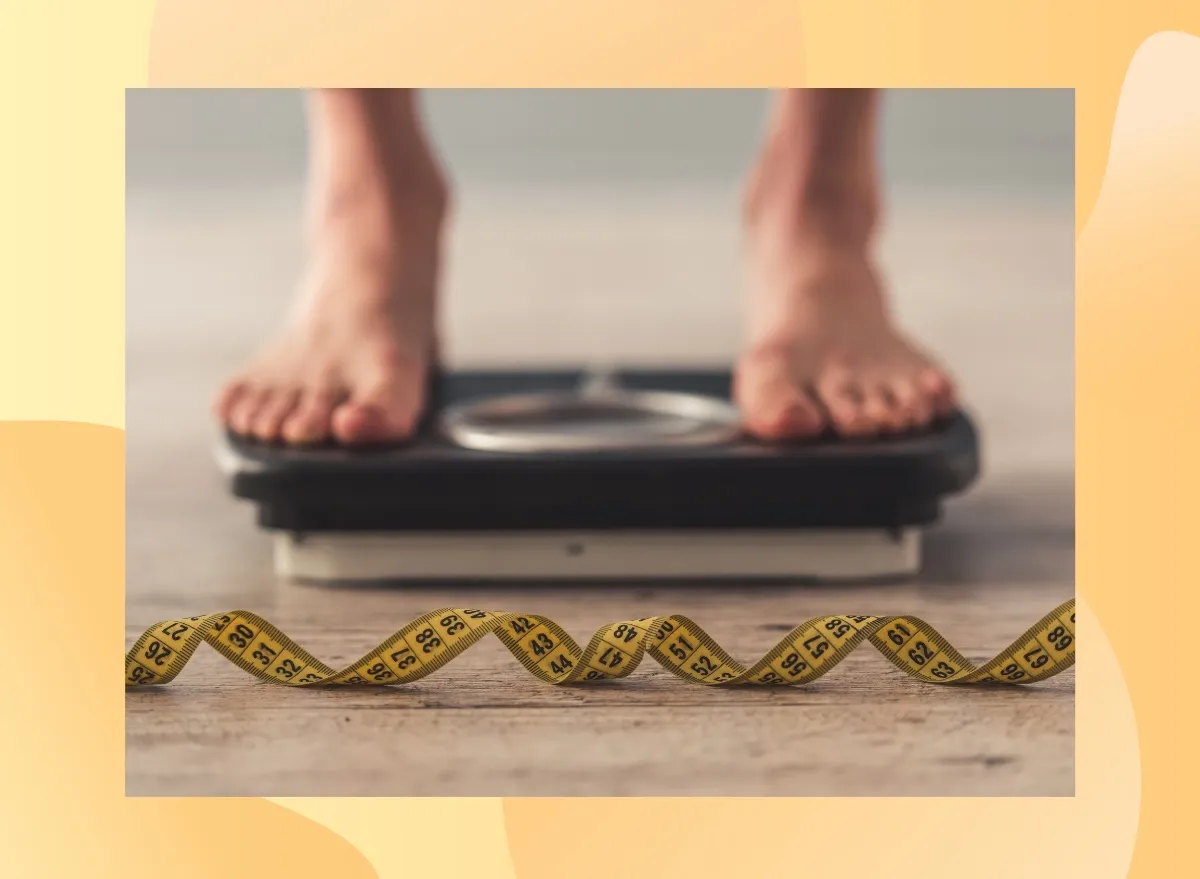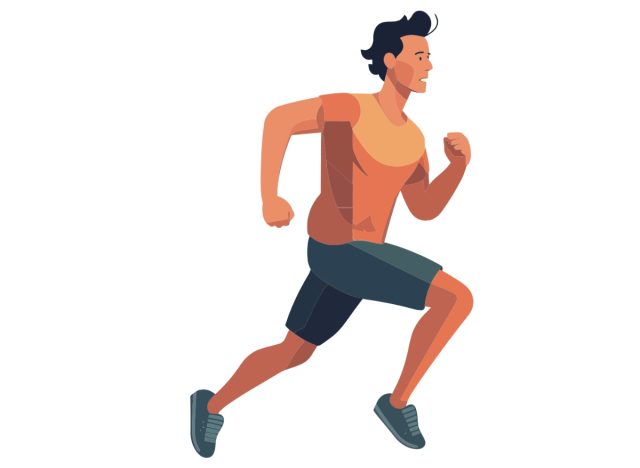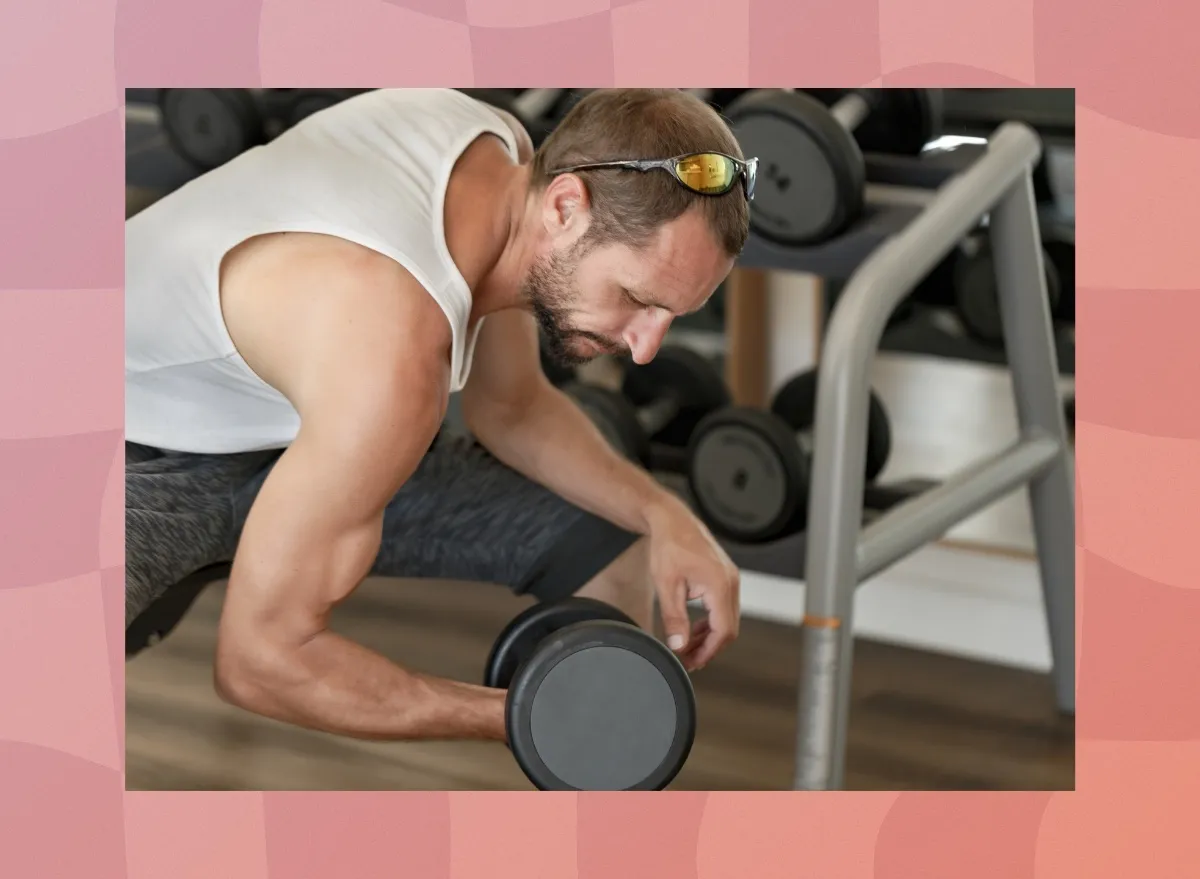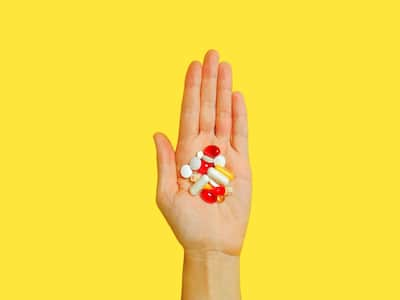
Multiple studies based on Vitamin D deficiency and food allergy points out that it is increasing day by day. We are here to break it down for you with experts inputs.
The prevalence of food allergy has increased dramatically over the past decade and has now reached epidemic levels in Western countries like Australia and the United States, with up to 10 percent of 12-month-old infants having a clinically confirmed food allergy. As food allergies have increased, vitamin D levels in the population appear to have concurrently decreased. Estimates suggest that up to 50% of people in Western countries are vitamin D insufficient and up to 10% are vitamin D deficient.
There has been some evidence to show that those with Vitamin D deficiency and poor exposure to sunlight are more prone to food allergies but it is not enough to justify all allergic reactions. Further studies are needed to establish that link conclusively. Food allergies are very individual, you are born with them and they are a result of immune dysregulation.
Symptoms
Some common symptoms of food allergy induced by Vitamin D deficiency are:
- Skin reactions like hives, rashes, eczema
- Itchiness on the skin
- Wheezing
- Having trouble breathing normally
- Experiencing runny nose
- Angiogenic eyes, which are red, watery and swollen
- Uneasiness in the stomach
- Nausea
- Pain
- Vomiting
- Diarrhea and constipation
- In some, food allergies trigger migraine and spells of dizziness
Experts say that some of these above mentioned food allergy reactions might be a bit more common than the others.
Treatment
Here are 3 ways you can get a Vitamin boost:
READ RELATED: 6 Medical Conditions That Can Cause Back Pain
Supplements:Oral supplements are available in any pharmacy and they really help boost the Vitamin levels in the body. However, supplements should not be the only solution that people follow to balance vitamin levels in the body.
Food: The first solution to vitamin D deficiency would be to fix the diet. There are many fruits and vegetables rich in vitamin D that can help boost the levels in our body. Example: egg yolk, fatty fish, fortified milk, fortified cereals, yoghurt, beef liver and juices.
Sun Exposure: The most natural way to get a Vitamin boost is through natural sunshine. Spend some time in the morning and evening sun. Make sure to protect your skin with sunscreen lotion. Last but not the least, do not stay in the sun for too long.
Total Wellness is now just a click away.
Follow us on
window.addEventListener(‘load’, (event) => {
// $(document).ready(function(){
$(‘#commentbtn’).on(“click”,function(){
(function(d, s, id) { var js, fjs = d.getElementsByTagName(s)[0]; if (d.getElementById(id)) return; js = d.createElement(s); js.id = id; js.src = “//connect.facebook.net/en_US/sdk.js#xfbml=1&version=v2.3”; fjs.parentNode.insertBefore(js, fjs);}(document, ‘script’, ‘facebook-jssdk’));
$(“.cmntbox”).toggle();
});
// });
});

